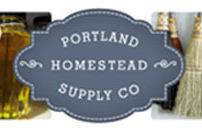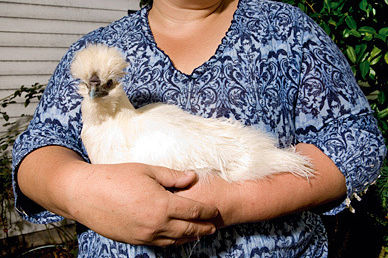Urban Homesteading for Beginners, from Cheese Curds to Candle Making
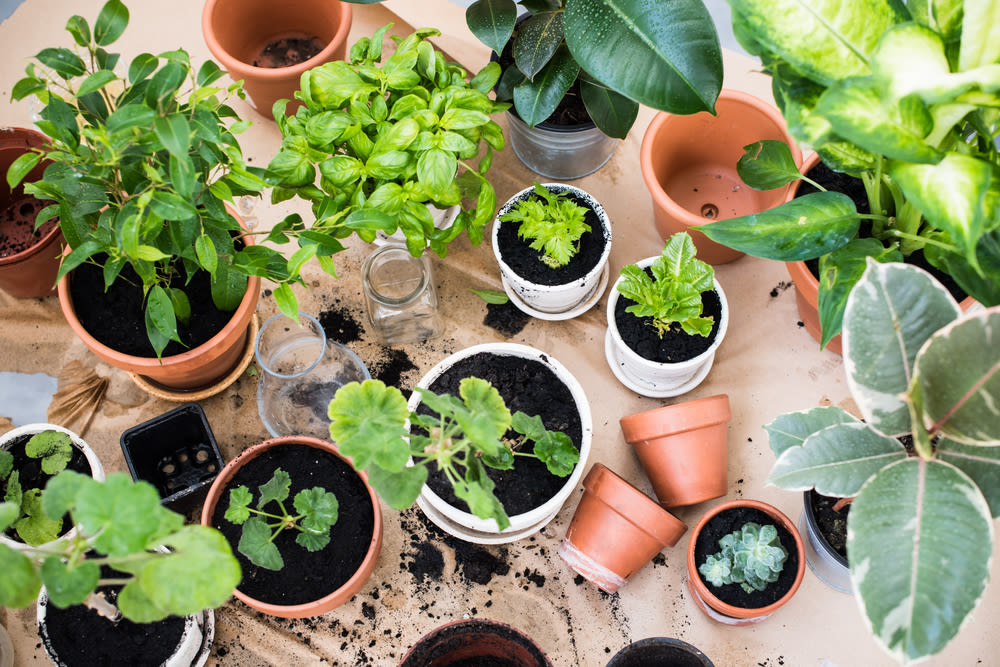
Portlanders without backyards can try container gardening on their decks or windowsills.
Image: Daria Minaeva/Shutterstock
If you’re besotted with Instagram pics of pantries lined with freshly canned jams and backyard bungalows buzzing with the pollination power of mason bees, you might just have an urban homesteader’s heart.
“Urban homesteading is a movement that centers around people wanting to take control of their lives in a really basic way,” says Beth Lorio, store manager at Sellwood's Portland Homestead Supply Co., the city’s one-stop shop for everything home-crafted and homegrown. “It’s around the food they eat, the way they take care of their homes. And in an attempt to have more control and creativity, they are referring back in time a bit.”
Though mention of “urban homesteading” often brings to mind expansive plots of carefully cultivated farmland, chickens running rampant in backyard hideouts, and deep, cool fermentation cellars, the aficionados at Portland Homestead Supply are guiding a growing contingent of apartment-bound micro-homesteaders through space-saving fermentation and soap-making sessions.
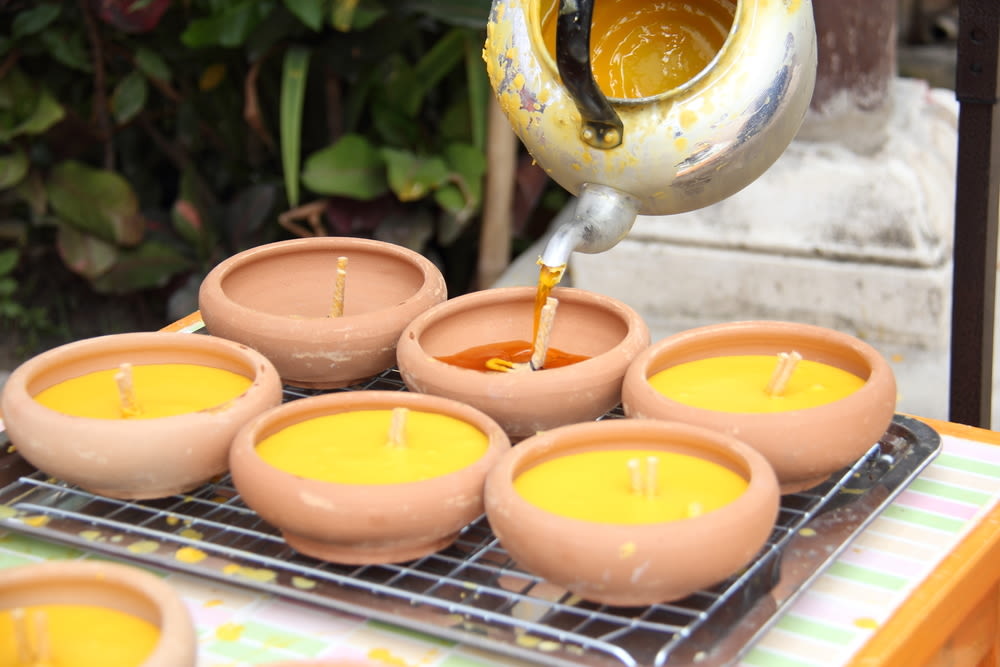
Feeling crafty? Host a candle-making party for your friends!
Image: Kwanbenz/Shutterstock
“It’s about asking, what can I do with the space that I’m given?” says Lorio. “Can I grow a couple of tomato plants on my tiny deck? Can I have a couple batches of ferments going right on my kitchen counter? Can I clear that counter off one night every few months and have a soap-making party with my friends?”
If you’re blessed with a big backyard, spring is the season to do your fruit trees a favor and build a home for those people-friendly mason bees (sold in refrigerated 25-bee bundles at the shop), or pull out all the stops and turn scavenged plywood into a well-maintained chicken coop. Limited in living space? Prep for the summer harvest by picking up tools for stockpot canning, a small-batch way to take advantage of those farmer’s market berry bundles and cases of tomato heirlooms. Or clear some counter space and dig deep into cheese cultures and candle-making, able to satisfy your belly and budget all year-round.
If thoughts of accidental food poisoning and large-scale spills make you hesitate, know you’re not alone. “We are a resource for people who want to come in and say, ‘I want to make sauerkraut, but I’ve never done it before, and I’m terrified that I’m going to poison my family, so walk me through this,’” Lorio says.
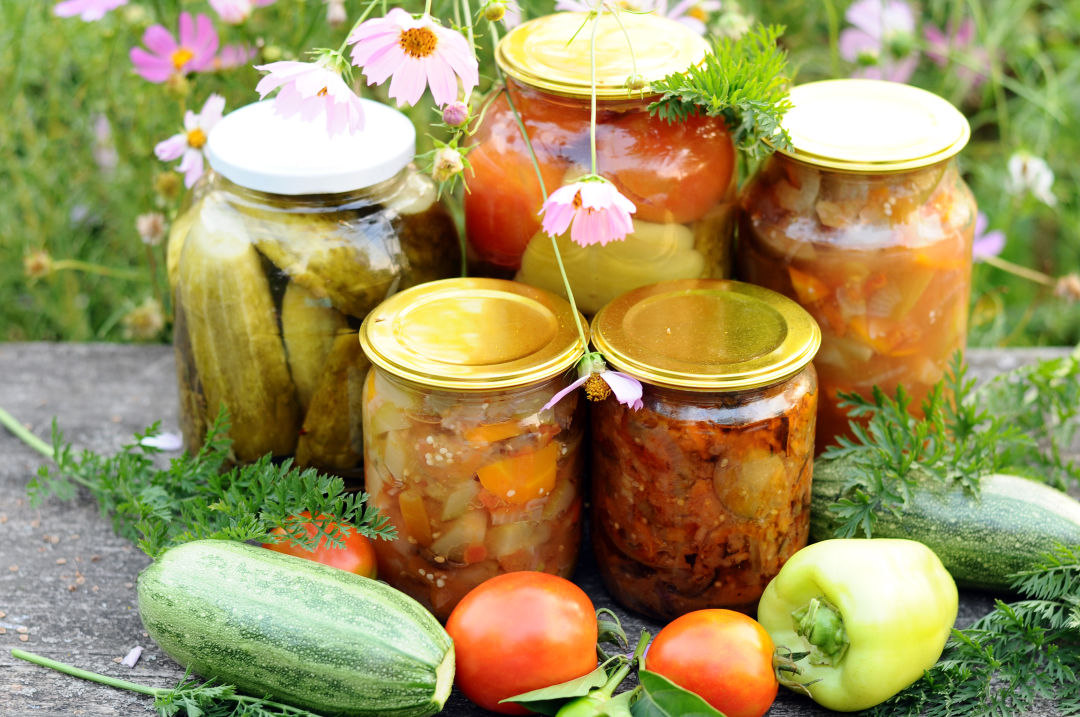
Canning, pickling, and preserving are popular ways to try urban homesteading.
Image: BestPhotoPlus/Shutterstock
Come summer, Portland Homestead Supply will end its pre-registered classes on all things canned, cultured, and preserved. Instead, the store will offer free in-store demos on everything from healthy housecleaning products to small-pot ricotta cheese making. And while the lifestyle of the urban homesteader often comes backed by a hefty dose of trial and error, the satisfaction of morning routines complete with chamomile-scented salves and picnics of freshly cultured cheese might be worth it. When in doubt, start small.
“Think about reading Little House on the Prairie when you were a kid,” Lorio says. “Was it fascinating to read about how they made soap, or how they grew their own food? Take whatever sounds the most interesting and fun and pursue that. Once you start to pursue one angle of this path, it will very quickly start to branch out.”
